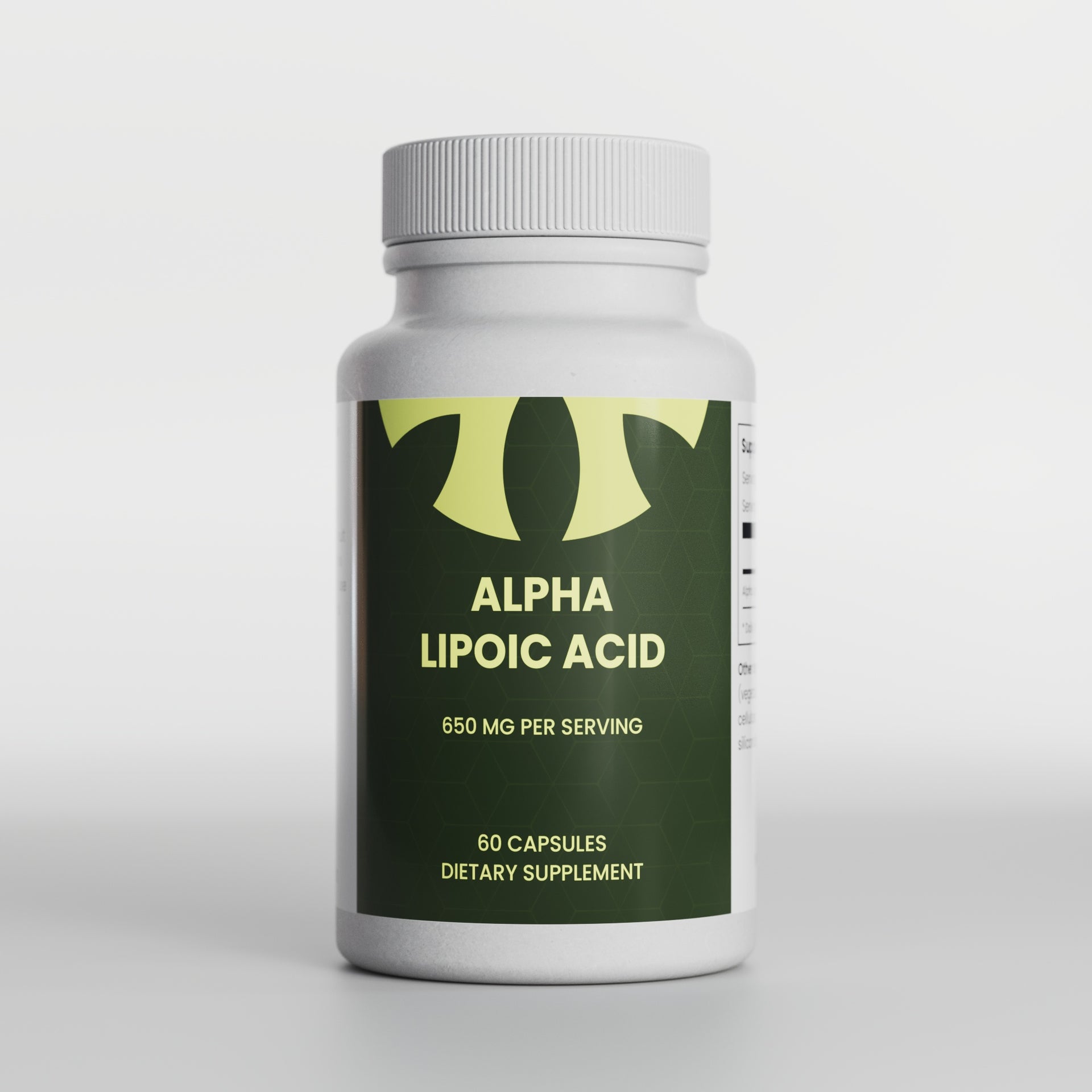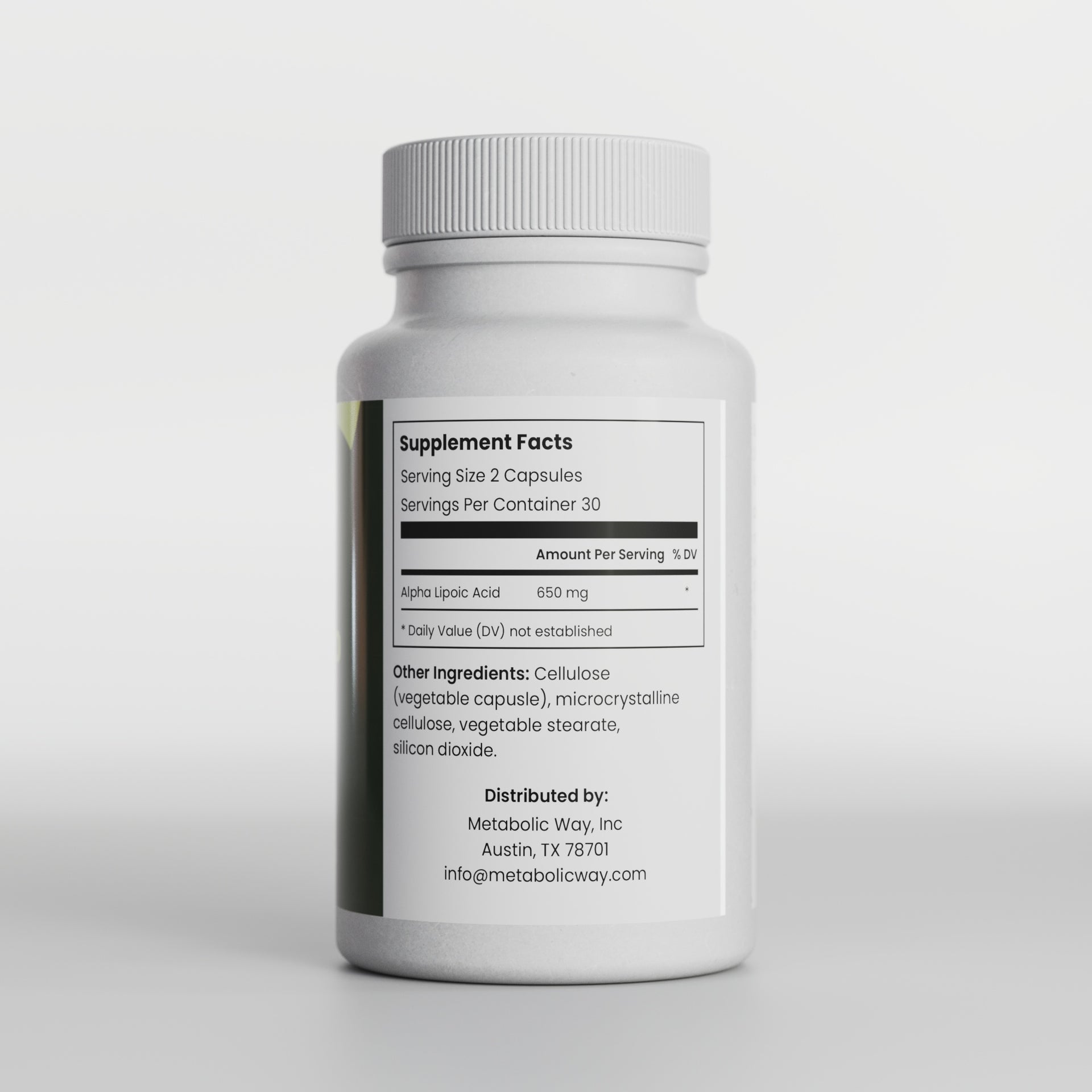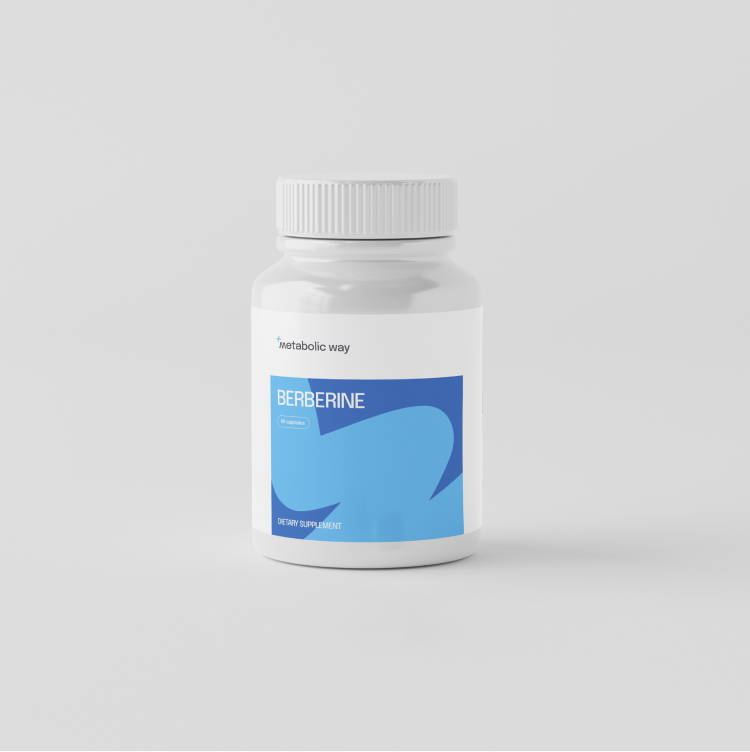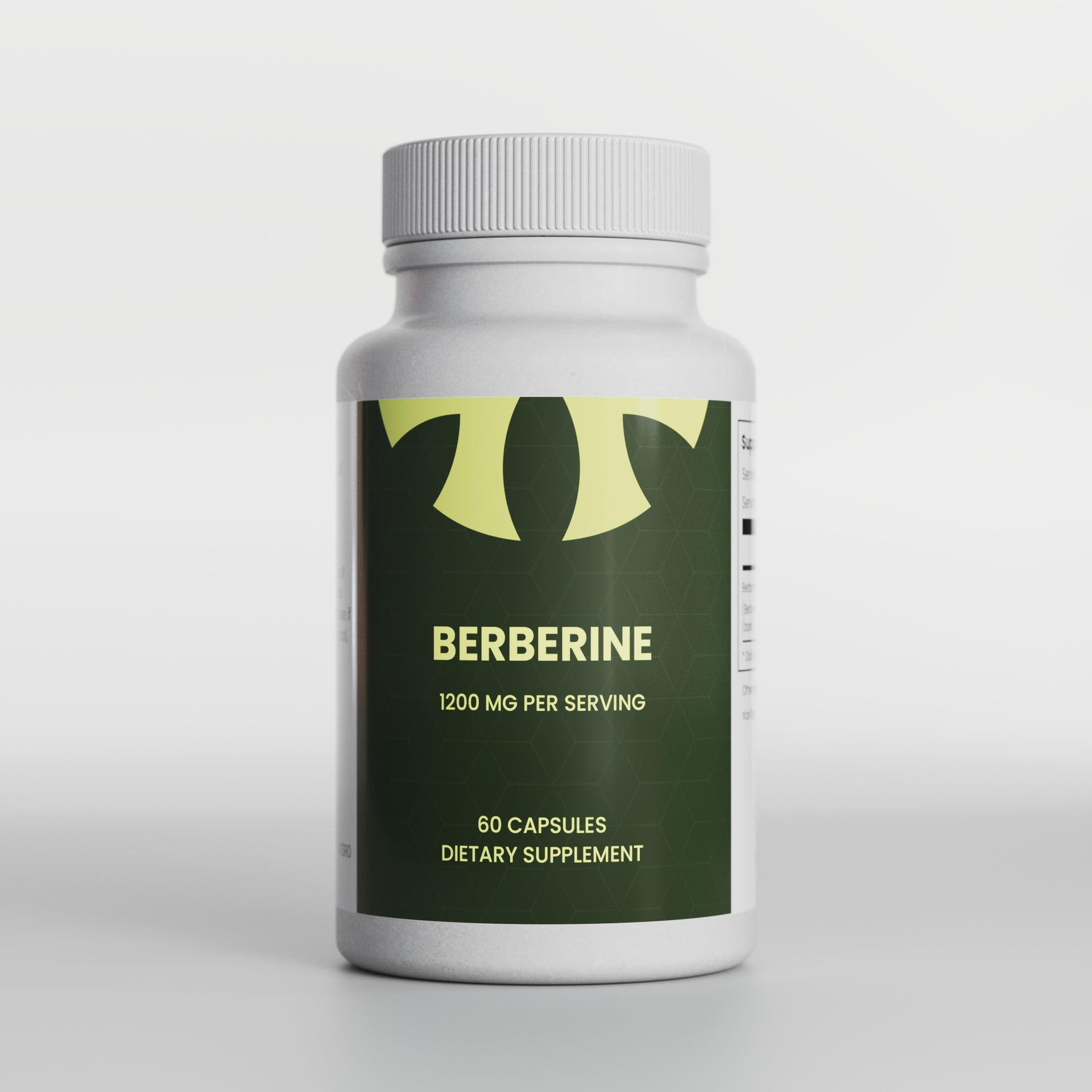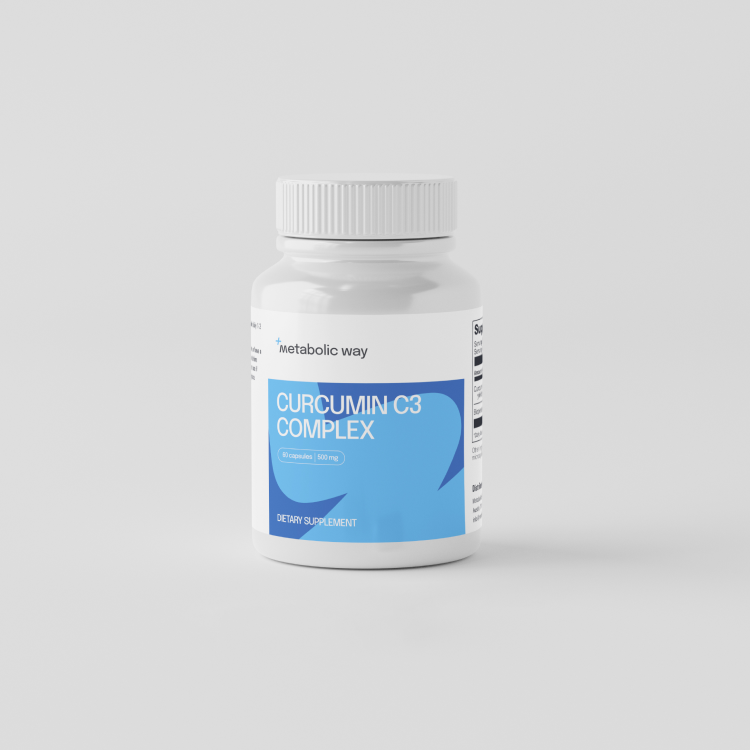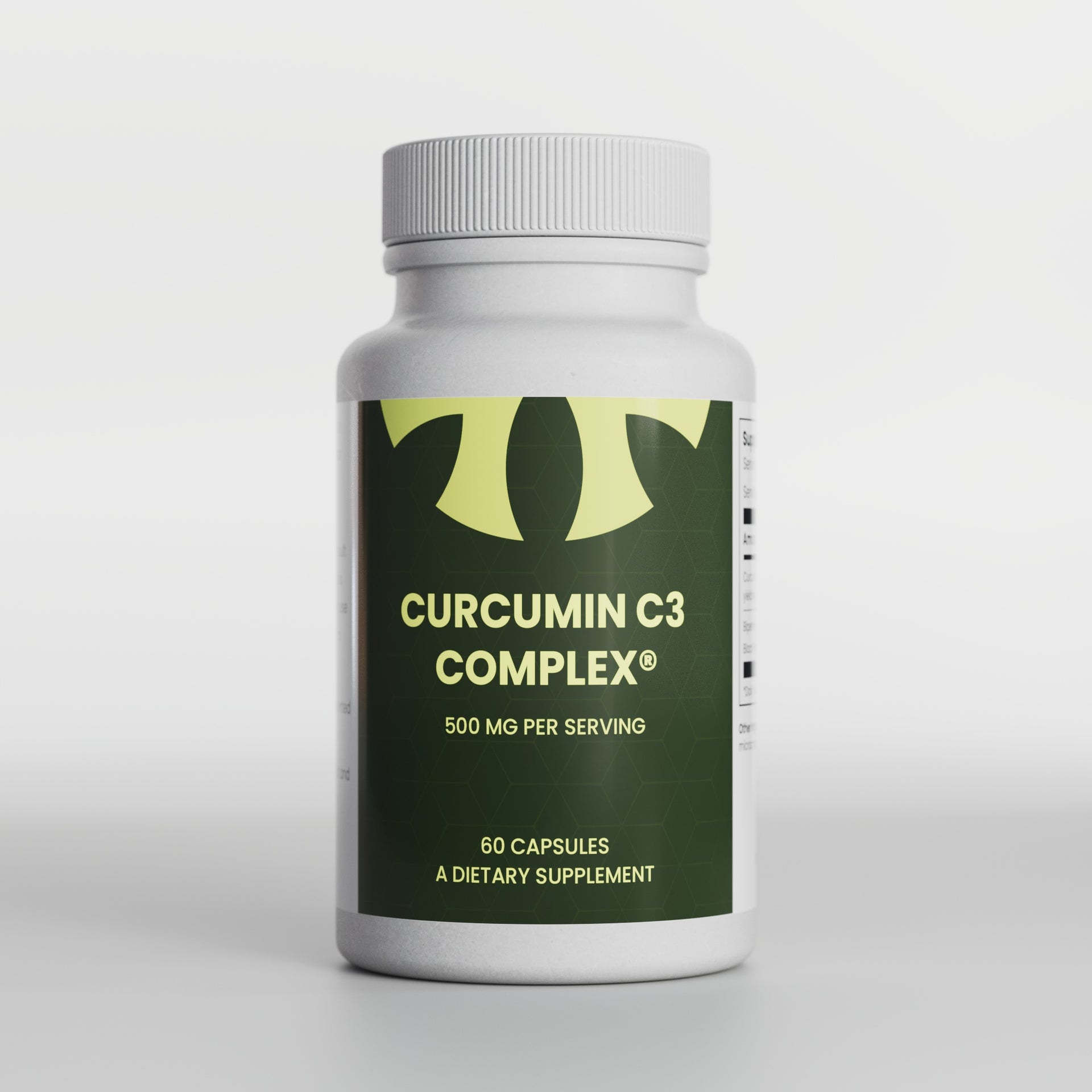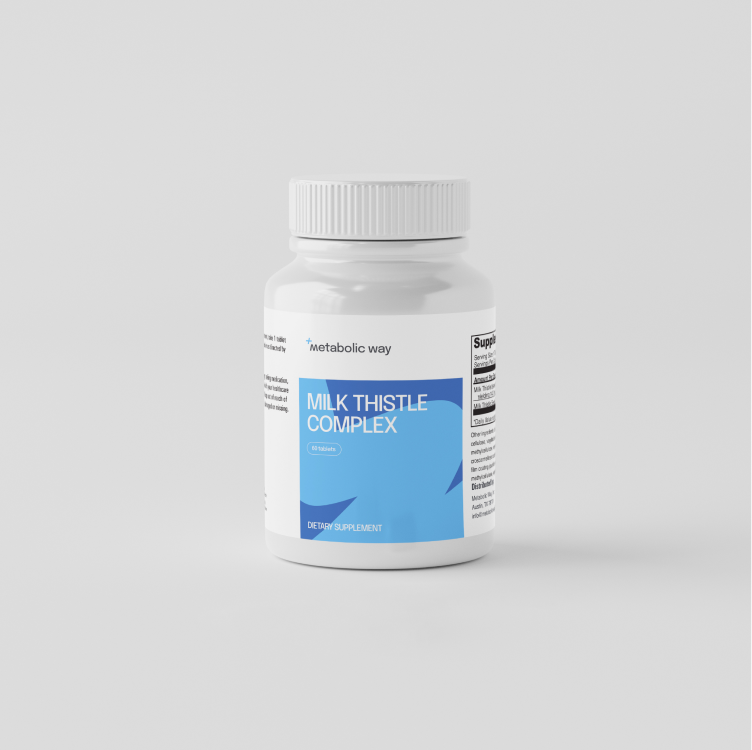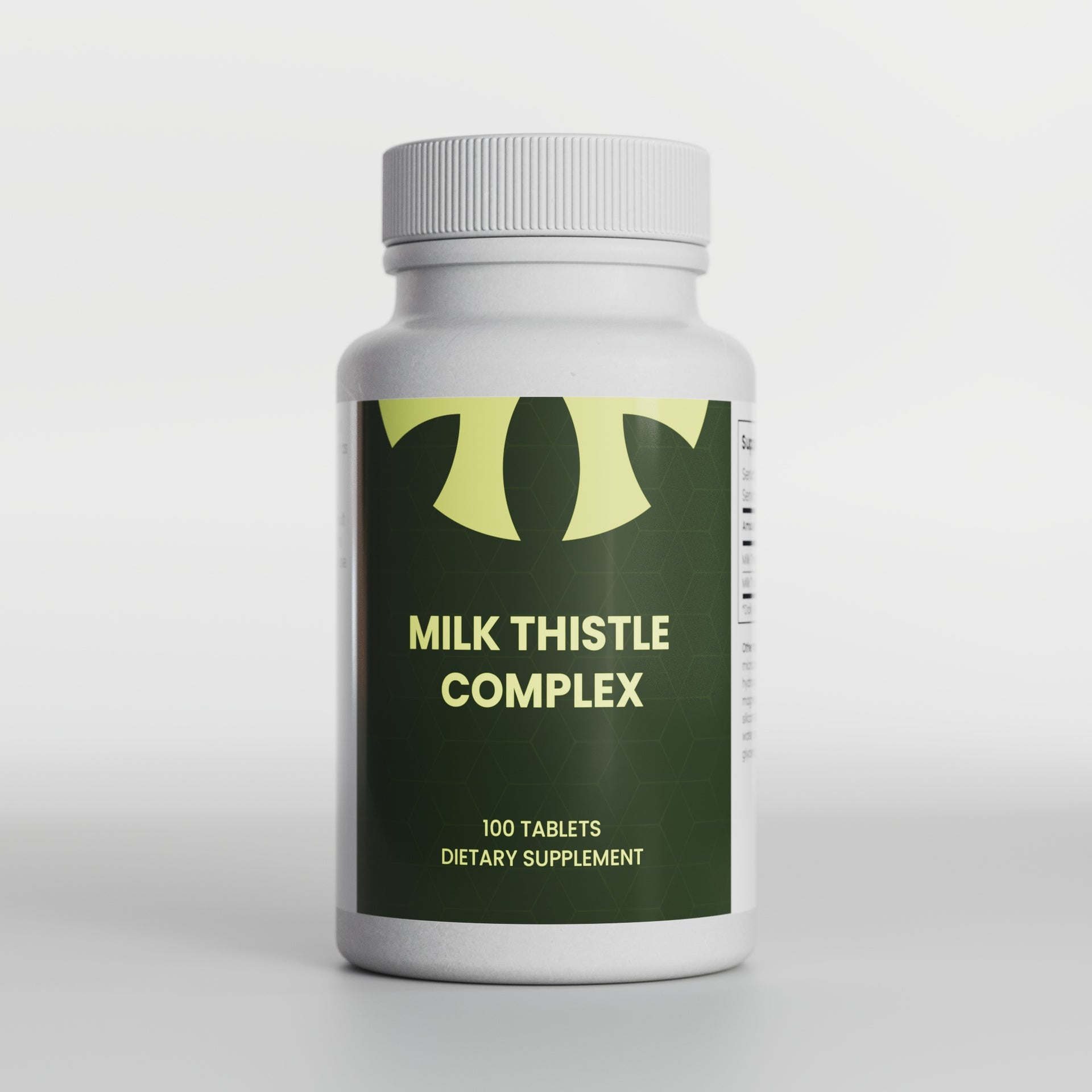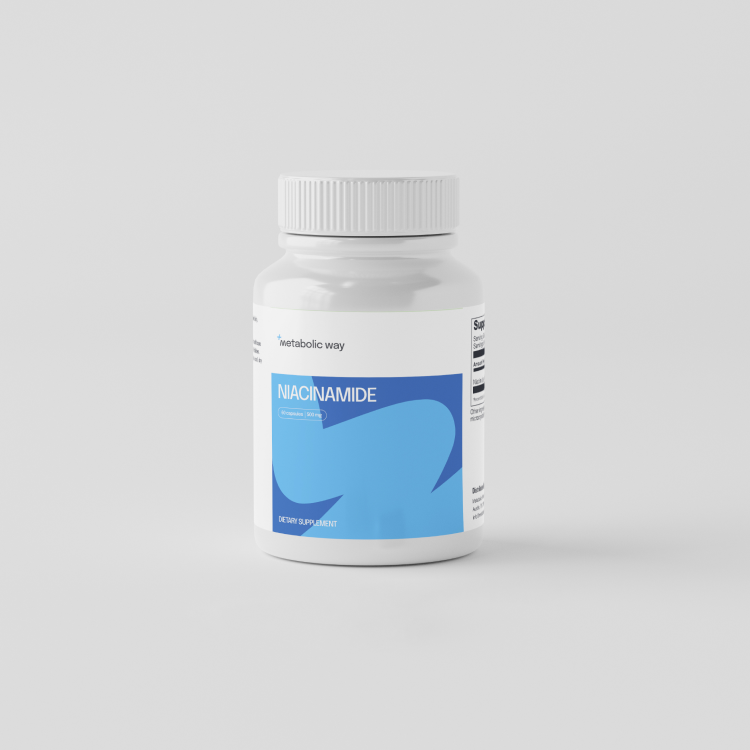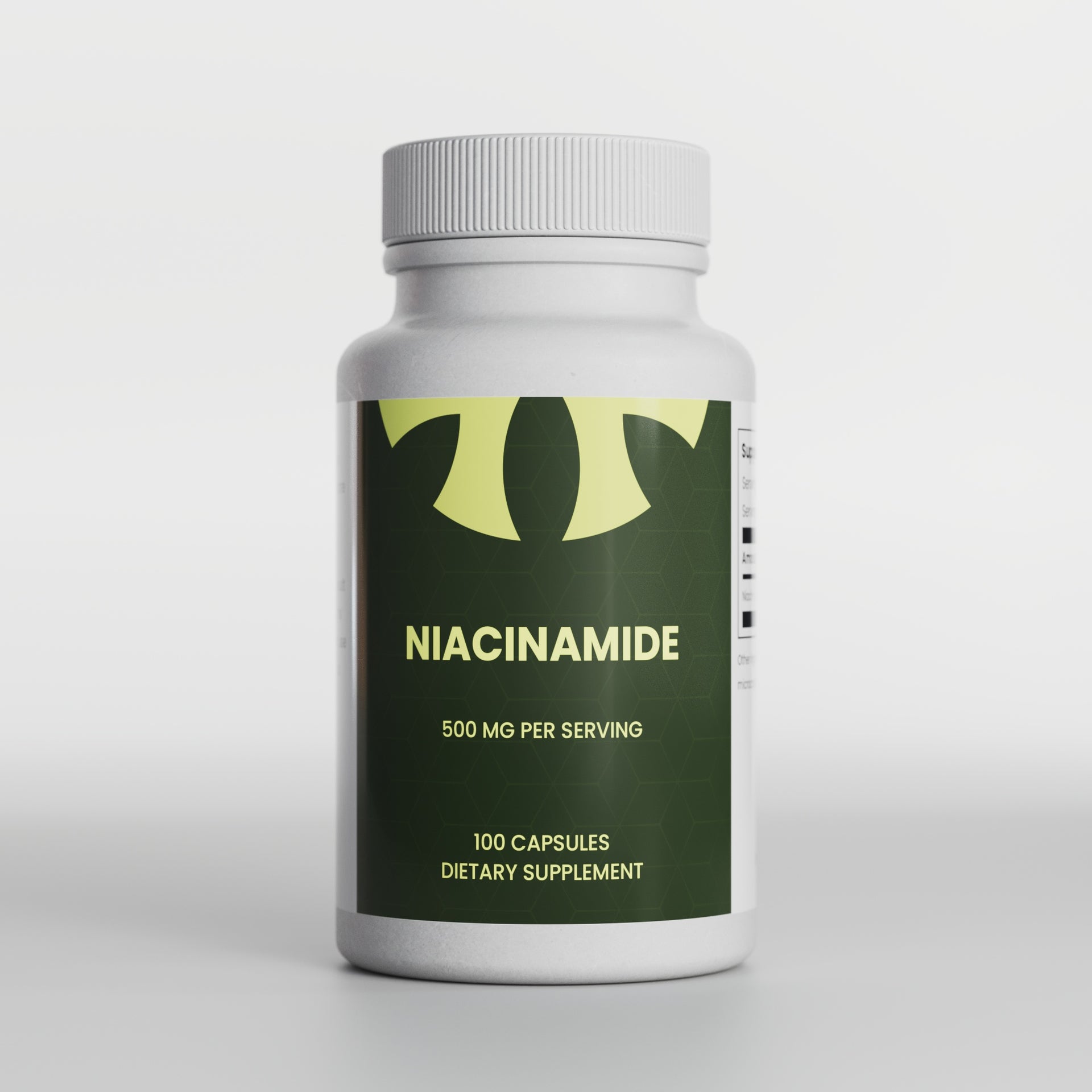Research Highlights:
Main Point 1: Curcumin's Promising Role in Colorectal Neoplasia Prevention
Main Point 2: Extra Virgin Olive Oil's Antioxidant Properties
Main Point 3: Salidroside's Protective Effects on Heart Health
Main Point 4: Vitamin D's Impact on Neurological Diseases
Scientifically Reviewed by: Dr. Gary Gonzalez, MD, in August 2023.
Introduction
In the ever-evolving landscape of cancer research and treatment, natural compounds have emerged as promising avenues for exploration. This article delves into four such compounds: curcumin, extra virgin olive oil, salidroside, and vitamin D. While we won't be discussing Life Extension, we'll provide valuable insights into these compounds and their potential implications for cancer research and treatment.
What You Need to Know
Point 1: Curcumin and Its Role in Colorectal Neoplasia Prevention Curcumin, derived from the spice turmeric, has demonstrated anti-inflammatory and antineoplastic effects in various studies. Specifically, it has shown promise in preventing colorectal neoplasia by inhibiting the production of procarcinogenic substances like prostaglandin E(2) and 5-hydroxyeicosatetraenoic acid. Clinical trials have explored the use of oral curcumin to reduce these substances within aberrant crypt foci (ACF) and adenomas.
Point 2: Extra Virgin Olive Oil's Antioxidant Properties The Mediterranean diet's health benefits have long been celebrated, with extra virgin olive oil as a key component. Rich in phenols and antioxidants, this oil has been shown to positively impact health. This article examines how different domestic cooking techniques affect the antioxidant capacity of Mediterranean vegetables prepared with extra virgin olive oil.
Point 3: Salidroside's Protective Effects on Heart Health Salidroside, a natural compound, has garnered attention for its potential to protect the heart, especially from exhaustive exercise-induced injury. It achieves this by enhancing mitochondrial respiratory function and the PGC-1alpha-NRF1/NRF2 pathway, as demonstrated in rat studies.
Point 4: Vitamin D's Impact on Neurological Diseases Vitamin D is not just vital for bone health; it may also play a crucial role in neurological diseases. Studies have explored the association between vitamin D status and conditions like Parkinson's disease and multiple sclerosis. Lower vitamin D levels have been linked to an increased risk of these neurological disorders.
Section 1: Curcumin and Cancer Curcumin's anti-inflammatory and antineoplastic effects have shown promise, particularly in preventing colorectal neoplasia. Clinical trials, including a Phase IIa trial, have investigated its use in reducing procarcinogenic substances and inhibiting ACF and adenomas. The poor bioavailability of curcumin suggests its potential use in colorectal applications.
Subsection 1.1: Curcumin's Mechanism of Action To understand curcumin's effectiveness in preventing colorectal neoplasia, it's crucial to delve into its mechanisms of action. This subsection explores how curcumin inhibits the production of prostaglandin E(2) and 5-hydroxyeicosatetraenoic acid, thus suppressing carcinogenesis in rodents.
Subsection 1.2: Bioavailability and Clinical Trials While curcumin has shown promise in preclinical studies, its poor bioavailability poses challenges. This subsection discusses the importance of clinical trials in assessing curcumin's efficacy and explores dosages used in trials.
Section 2: Extra Virgin Olive Oil's Antioxidant Properties The Mediterranean diet, rich in extra virgin olive oil, is renowned for its health benefits. In this section, we delve into how different cooking techniques affect the antioxidant capacity of Mediterranean vegetables prepared with this oil.
Section 3: Salidroside and Heart Health Salidroside's potential to protect the heart from exhaustive exercise-induced injury is a subject of interest. This section reviews a study in which salidroside improved myocardial mitochondrial respiratory function and the PGC-1alpha-NRF1/NRF2 pathway.
Section 4: Vitamin D and Neurological Diseases Vitamin D's impact on neurological diseases is a growing area of research. This section provides insights into studies that have explored the association between vitamin D status and conditions like Parkinson's disease and multiple sclerosis.
Summary
In the realm of cancer research and treatment, natural compounds like curcumin, extra virgin olive oil, salidroside, and vitamin D offer exciting possibilities. Curcumin shows promise in preventing colorectal neoplasia, while extra virgin olive oil's antioxidant properties contribute to overall health. Salidroside exhibits potential in protecting the heart, and vitamin D's role extends beyond bone health to neurological diseases. These findings underscore the importance of ongoing research into these compounds and their applications in healthcare.
References:
- Nutr Metab Cardiovasc Dis. 2015 Jan; 25(1): 60-67.
- Int J Mol Med. 2015 Aug; 36(2): 386-398.
- Neurology. 2014 Sep 2; 83(10): 920-928.
- Neurol Sci. 2014 Nov; 35(11): 1723-1730.
- J Steroid Biochem Mol Biol. 2015 Nov 17.
- Clin Interv Aging. 2014; 9: 559-568.

